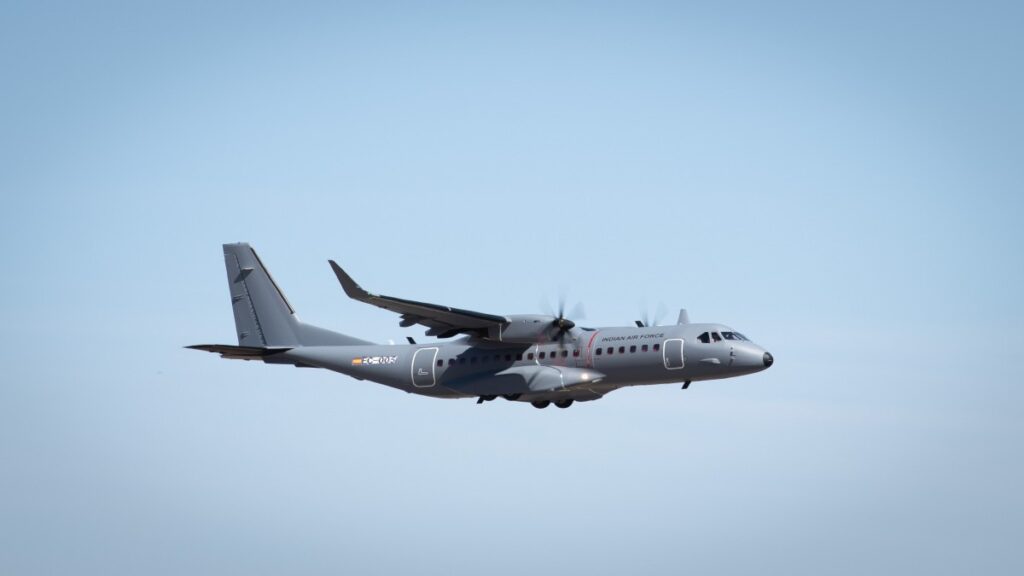Tata Advanced Systems Limited (TASL), a subsidiary of Tata Group, has recently launched a final assembly line (FAL) for the Airbus C295 transport aircraft. This initiative aims to develop a civilian variant of the aircraft, potentially catering to Air India, although these plans are still in preliminary discussions.
Understanding the Airbus C295
The Airbus C295 is a medium tactical transport aircraft that first entered service in 1997. Since its debut with the Spanish Air Force, approximately 225 units have been produced, serving around 35 countries, primarily for military operations. The aircraft is known for its versatility, offering multiple configurations, including a passenger variant, which could be a game-changer for Air India.
Current Landscape of Regional Aircraft in India
Air India currently lacks regional aircraft in its fleet, which could limit its connectivity options. Although it previously operated ATR aircraft through its former subsidiary, Alliance Air, it has not incorporated regional aircraft since its divestment. The regional aircraft market in India is dominated by IndiGo and SpiceJet, making it essential for Air India to strengthen its regional connectivity strategy.

Advantages of the C295 for Air India
The C295’s fuel efficiency and multi-role capabilities could significantly benefit Air India, especially on regional and shorter domestic routes. The airline plans to enhance its cargo operations, and the C295 could play a pivotal role in regional cargo connectivity. Additionally, by sourcing aircraft domestically, Air India can avoid global supply chain delays, aligning with the ‘Make in India’ initiative.
Tata’s New Assembly Facility
The inauguration of the FAL for the Airbus C295 in Vadodara, Gujarat, marks a significant milestone for India’s aerospace and defence sector. This facility, part of the ‘Make in India’ initiative, aims to deliver 56 C295 aircraft to the Indian Air Force (IAF), with the first unit expected to be completed by September 2026. This move underscores Tata’s commitment to producing aircraft domestically, with over 85% of the components manufactured in India.
While the potential for Air India to operate Tata-made Airbus C295 civilian aircraft is still in the early stages, the strategic move aligns with the airline’s goals to improve regional connectivity and enhance its fleet capabilities. The collaboration between Tata and Airbus could redefine air travel in India, fostering innovation in the aviation sector.
